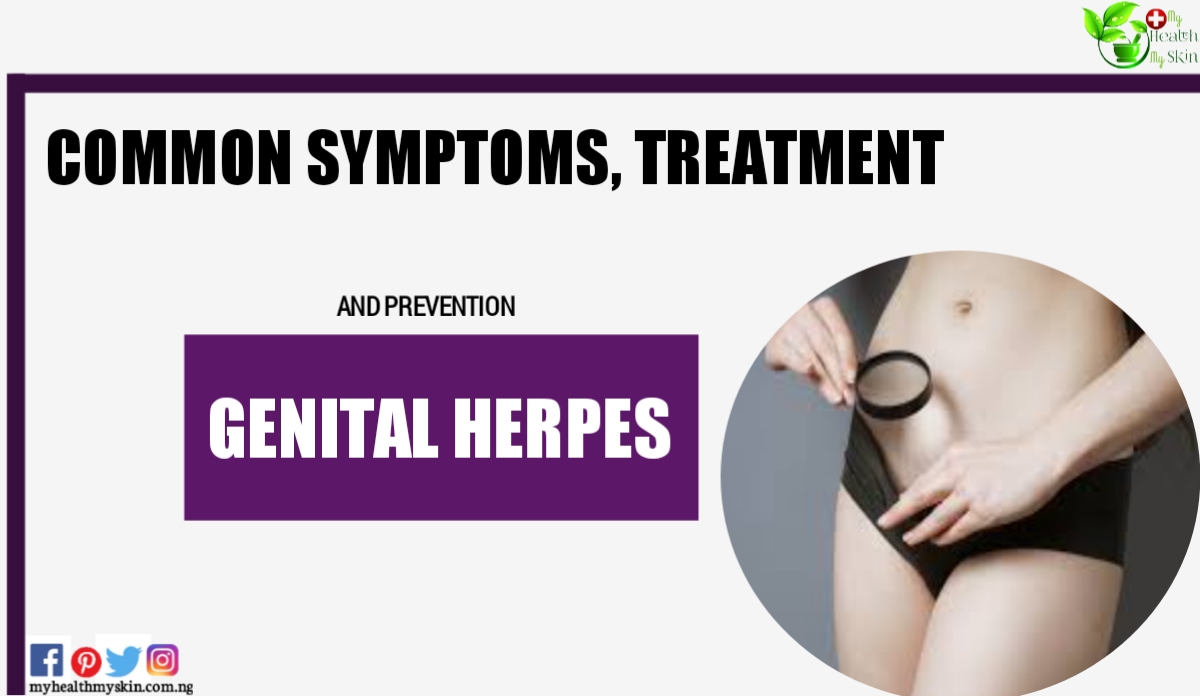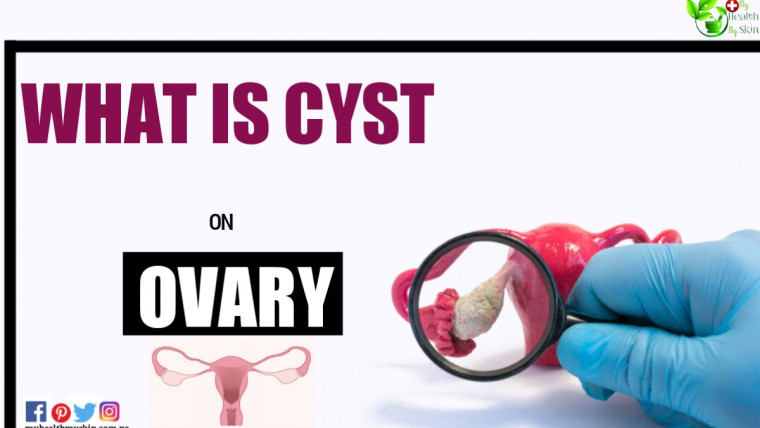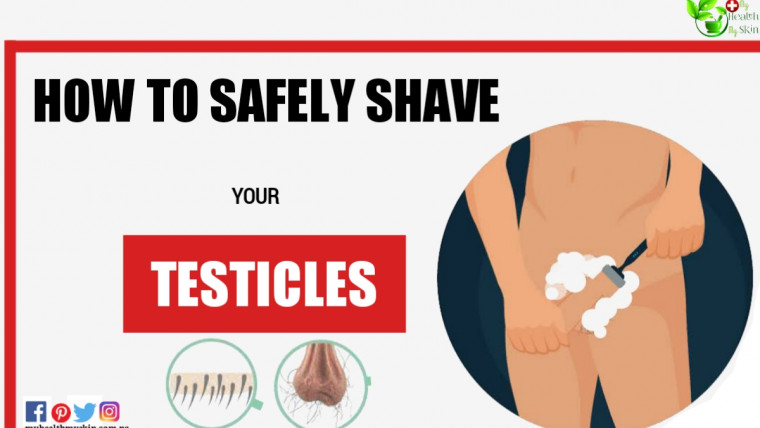Genital herpes has as a characteristic symptom the formation of blisters on Organs genitals, which can break and bleed.
There is no cure for the disease, it is necessary to live with it and, therefore, it is important to know about it.
The disease has active periods, when the person has signs and common symptoms, and quiet periods, when the virus is not active and so it appears that the disease has been cured.
Even when the virus is dormant, it can be transmitted.
At this stage, the use of condoms greatly reduces the risk of contamination, but it is not zero. In the active symptoms phase, sexual abstention is ideal.
Treatments aim to reduce symptoms, frequency of onset and transmission risks.
See more details about genital herpes common symptoms, how to predict a flare-up, available treatment and how to prevent it.
[lwptoc]
What Is Genital Herpes?
Genital herpes is a sexually transmitted infection caused by the herpes simplex virus (HSV).
This virus is mainly transmitted through sexual contact without using a condom. This disease can also be caused by cold sores through the transmission of the virus present in the mouth to the genitals.
The virus is not transmitted through toilet seats, swimming pools, towels, soaps and other objects and places, as the virus does not survive for a long time in the environment.
Once infected with the virus, there is no way to eliminate it to cure the disease.
It “hide” in the infected person’s nerve nodes during the latency (dormancy) phase, where the immune system is unable to attack it.
And, during a low immune system, the virus takes the opportunity to multiply, using the host’s own cellular machinery to do so.
However, there are treatments to minimize symptoms and reduce the risk of transmission to others.
Genital Herpes: Common Symptoms

Many people are unaware that they have genital herpes because they are asymptomatic or have such mild signs and symptoms that they don’t even notice.
Asymptomatic people can also transmit the virus, so the precautions are also valid for this group of people.
In symptomatic cases, symptoms may manifest between 2 and 12 days after exposure to the virus, namely:
- Burning Or Itching
- Tingling
- Flu-like symptoms: headache, muscle pain, fever, and groin swelling.
- Red spots that evolve into small white balls grouped in the shape of a bouquet.
- The blisters can burst, leak fluid from their interior and bleed, forming ulcers. If the ulcers are in the urethra, the person feels pain when urinating.
- The healing of ulcers forms crusts on the affected skin and mucous membranes.
The immune system acts on the infection, leading to healing and regression of the lesions, but in immunosuppressed people, they spread and can reach large proportions.
After genital herpes healing, the virus migrates to a nerve ganglion, where it lies dormant until the next crisis.
The lesions start where the person was infected, but the sores can spread to other areas if the person touches or scratches them, and then moves the contaminated hands to another part of the body.
Sores can appear anywhere on the body, the most common places being:
- Buttocks
- Thighs
- Anus
- Vulva and vagina
- Cervix
- Penis
- Testicular bag
- Urethra
Recurrence (Reappearance) Of Symptoms
The first manifestation of symptoms is usually more aggressive, because the body does not have antibodies against the virus, lasting around 20 days.
After a latency phase, symptoms may return to the relapse phase, but they are usually milder, as the body already has an immune response against the virus.
The frequency of relapses varies from person to person.
Some have several relapses during the year, others have the virus dormant for many years.
Before the lesions appear, there are some signs and common symptoms that make the person realize that they will have a recurrence:
- Burning, tingling and stinging where the infection started.
- Pain in lower back, buttocks and legs.
Symptom resolution tends to be faster in relapses than in the first symptomatic manifestation.
Genital Herpes: What Triggers A Relapse?
Any factor that lowers the body’s defenses can trigger a genital herpes outbreak.
The stress is one of the best – known causes of recurrent herpes labialis and genital because it is directly linked to our immunity. Facing stressful situations can cause a “low down” in the immune system, allowing the activation and multiplication of the HSV virus.
In addition to stress, other causes can trigger a relapse:
- Injuries to the genitals
- Prolonged exposure to the sun
- Hormonal fluctuations, common in the menstrual cycle.
- Fatigue
- Fever
- Use of corticosteroids or cortisone.
How Is Genital Herpes Diagnosed?

The diagnosis is almost always clinical, that is, during the medical evaluation at the appointment, but there are some laboratory tests that can be requested in case of doubts:
- Viral Culture: the lesions are scraped off or a sample is collected to be visualized in the laboratory.
- Pcr Test: performed to detect the presence of the virus, based on the analysis of genetic material from the blood or tissue of the lesion.
- Blood Test: Allows you to detect antibodies against the HSV virus that have been produced in a past infection, revealing whether the person has had contact with the genital herpes virus.
Genital Herpes: Treatment
Antiviral medications do not cure genital herpes, but act on:
- Faster wound healing.
- Decrease in severity and duration of symptoms.
- Reduction in the frequency of relapses.
- Reduced risk of transmitting the virus to other people.
The main drug used is Acyclovir, which only works when there are symptoms of the disease, being indicated for periods of recurrence. Some doctors also prescribe Fanciclovir or Valaciclovir.
Treatment with these antivirals needs to be with pills.
The ointment is not effective, being reserved for specific cases in which the patient is able to know that he will have a crisis soon, because he already recognizes the symptoms of itching and burning that in some people appear 1 to 2 days before the wounds.
Evaluation of the sexual partners of patients diagnosed with genital herpes is recommended.
How To Prevent Genital Herpes?
- Using condoms with sex.
- Avoiding multiple sexual partners.
- Not having sex during symptoms.
- If a woman infected with the genital herpes virus wants to have children, she should notify her doctor, for better prenatal care and to avoid transmission to the baby.
- If you touch lesions, wash your hands with soap and water to prevent the virus from spreading to other parts of the body.
For those who already have herpes and have had very frequent relapses, they can be prevented with long-term treatment with low-dose Acyclovir and supplementation with L-lysine.
Although the risk of transmission is reduced with the use of condoms, they do not fully protect the genital region, and there may be contact with lesions outside the coverage area.
Therefore, the best way to prevent transmission during a relapse is not to have sexual intercourse.
Genital Herpes: Complications
Infection with the genital herpes virus increases a person’s chances of becoming infected with the HIV virus by three times.
A person infected with both types of virus can more easily transmit the HIV virus that causes AIDS.
Also, having both viruses in the body increases the frequency of relapses and the severity of symptoms.
Neonatal herpes can occur during normal delivery, so the obstetrician recommends a cesarean delivery.
This condition is quite rare and usually happens when the mother contracts the virus in the last few months of pregnancy and has a very high viral load in the genital tract.
When a mother contracts the virus before becoming pregnant, the baby’s risk of developing herpes is much lower because they receive the mother’s antibodies. To see more post on Physical & Mental Health click here.

Did You Know The Common Symptoms Of Genital Herpes? Did You Know That The Disease Has Periods Without Symptoms? Did You Know The Ways Of Prevention? Comment Below!






